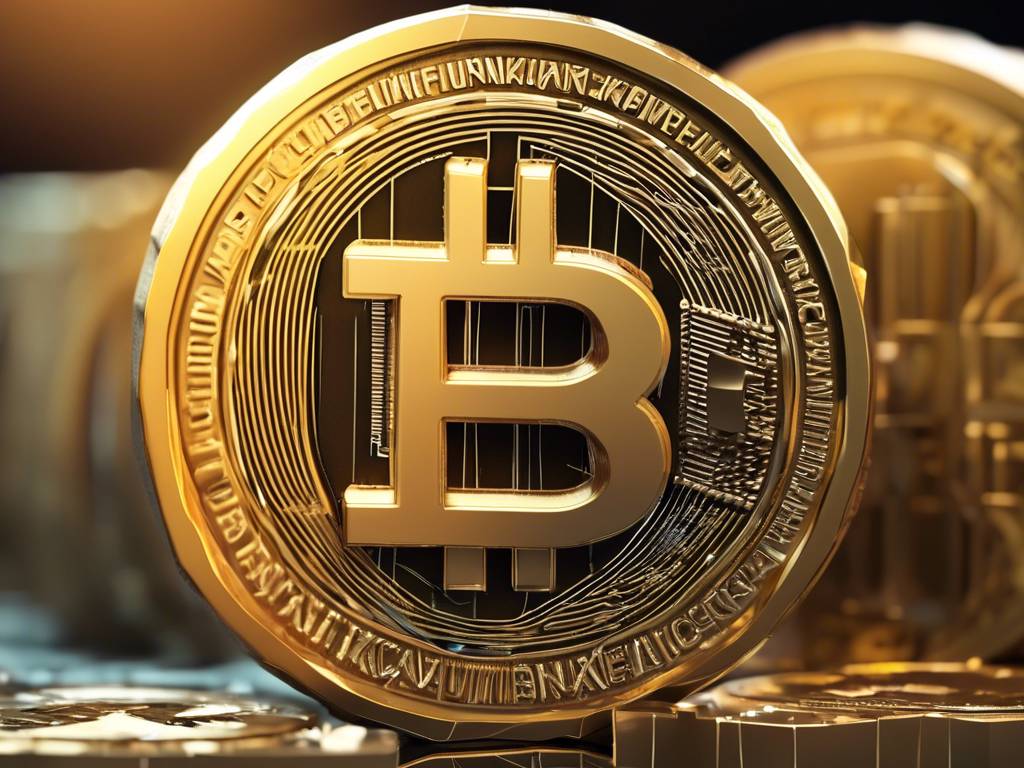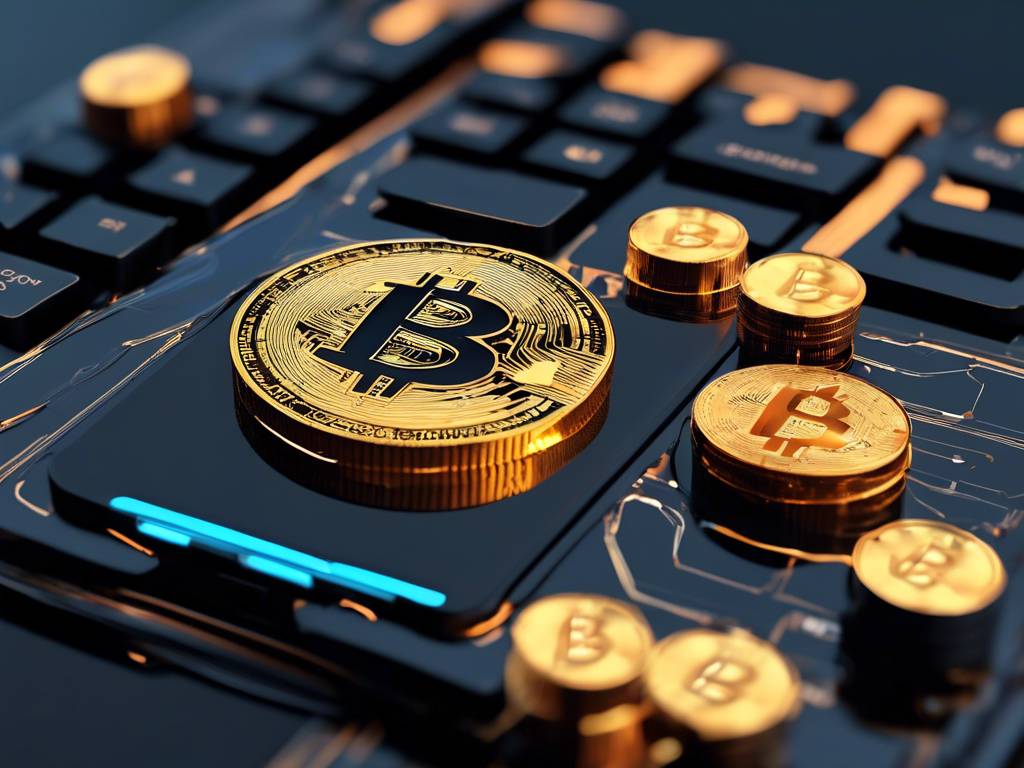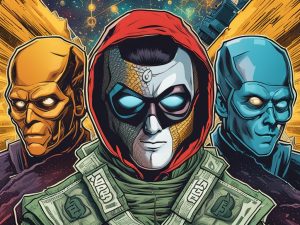The Central Bank of Nigeria’s Controversial Directive on Crypto Transactions
Recent reports have sparked controversy surrounding Nigeria’s Central Bank (CBN), which issued a directive instructing banks to freeze accounts engaged in cryptocurrency transactions. However, the Central Bank has vehemently denied these allegations, sparking confusion and raising questions about the country’s stance on digital assets.
False Claim!!!
The Central Bank of Nigeria (CBN) found itself at the center of a controversial debate after reports surfaced alleging a directive to freeze bank accounts associated with cryptocurrency exchange Bybit, KuCoin, OKX, and Binance transactions.
- The purported directive instructed banks and financial institutions to identify individuals or entities engaged in crypto transactions and place their accounts on a “Post No Debit” (PND) instruction for six months.
- A “Post No Debit” instruction restricts certain transactions on a customer’s account, effectively preventing them from making withdrawals or payments.
The directive, if true, would signal a significant escalation in the CBN’s stance on crypto-related activities.
Confusion and Contradictions
The confusion deepened when the CBN initially denied issuing such a directive but later acknowledged the allegations as false. Despite the denial, concerns remain about the regulatory environment for cryptocurrencies in Nigeria, particularly regarding the CBN’s oversight and enforcement measures.
- The lifting of the ban in 2023 marked a significant shift in Nigeria’s approach to cryptocurrencies, acknowledging the global demand and adoption of digital assets.
- Concerns over the devaluation of the naira and inflation rates prompted renewed scrutiny of platforms offering crypto services.
Scrutiny on Binance
Meanwhile, recently Nigerian government’s crackdown on platforms offering cryptocurrency services underscores the complexities of regulating this emerging sector.
- One such platform facing scrutiny is Binance, a leading cryptocurrency exchange, which encountered regulatory challenges in Nigeria.
- The CBN raised concerns about suspicious financial transactions on Binance Nigeria, alleging $26 billion in unidentified funds passed through the platform in 2023.
- Binance’s executive, Tigran Gambaryan, faces charges related to money laundering, while another executive, Nadeem Anjarwalla, is sought for extradition.
Hot Take: What Does This Mean for Cryptocurrency in Nigeria?
As a crypto enthusiast, these recent developments in Nigeria regarding the Central Bank’s directive on freezing accounts engaged in cryptocurrency transactions raise concerns and uncertainty. The conflicting messages from the CBN add to the confusion about the regulatory environment for digital assets in the country.





 By
By



 By
By
 By
By